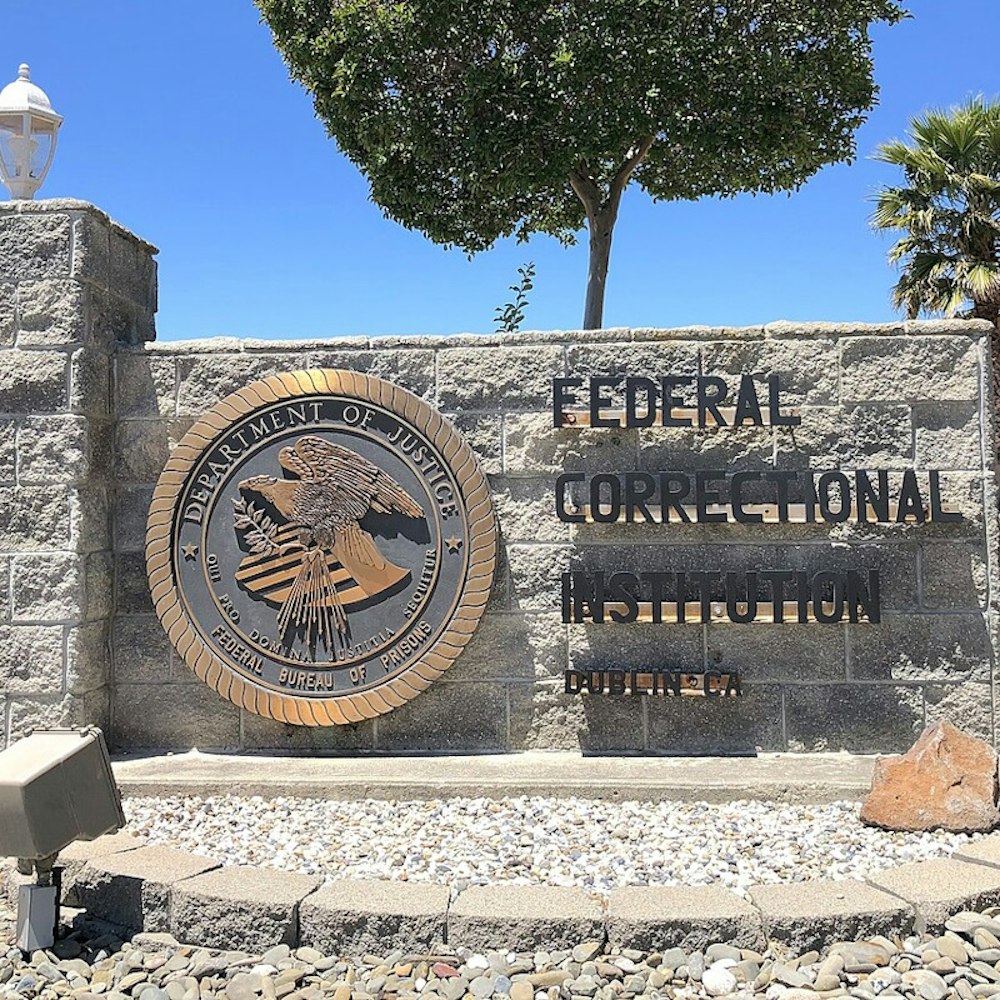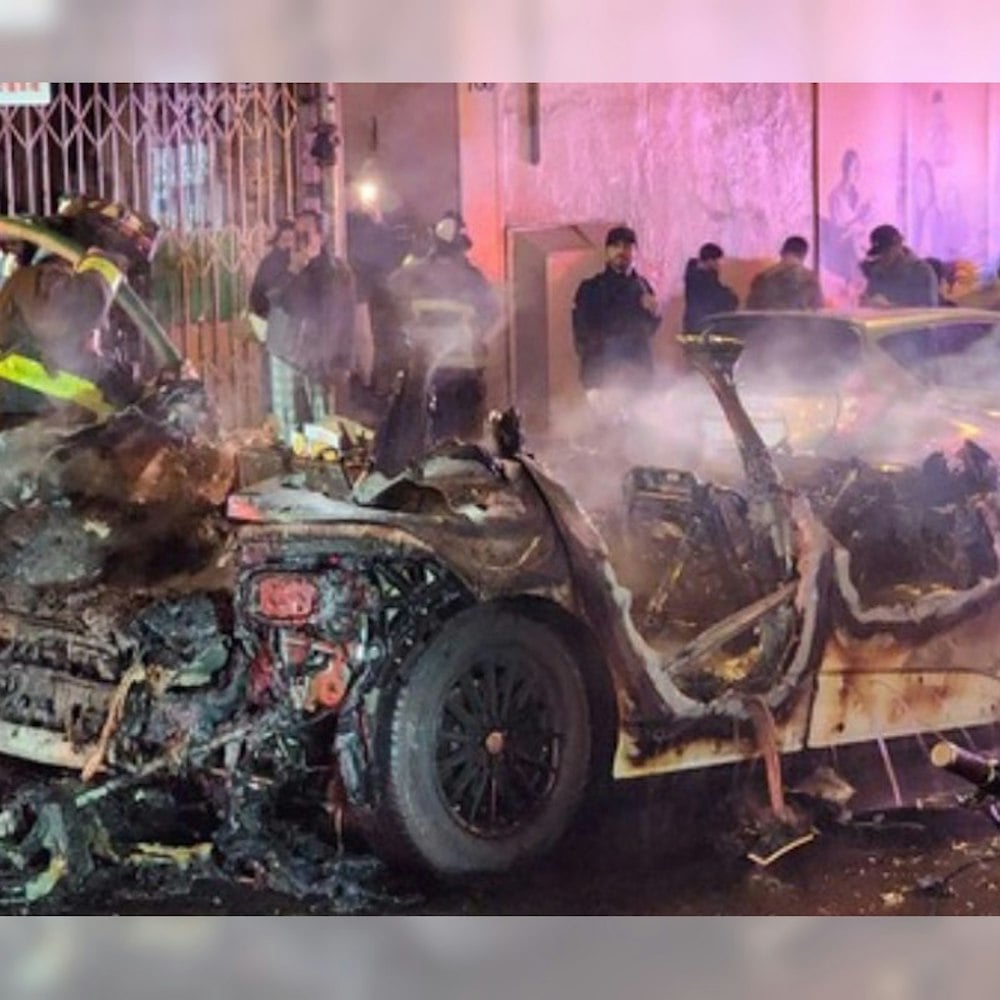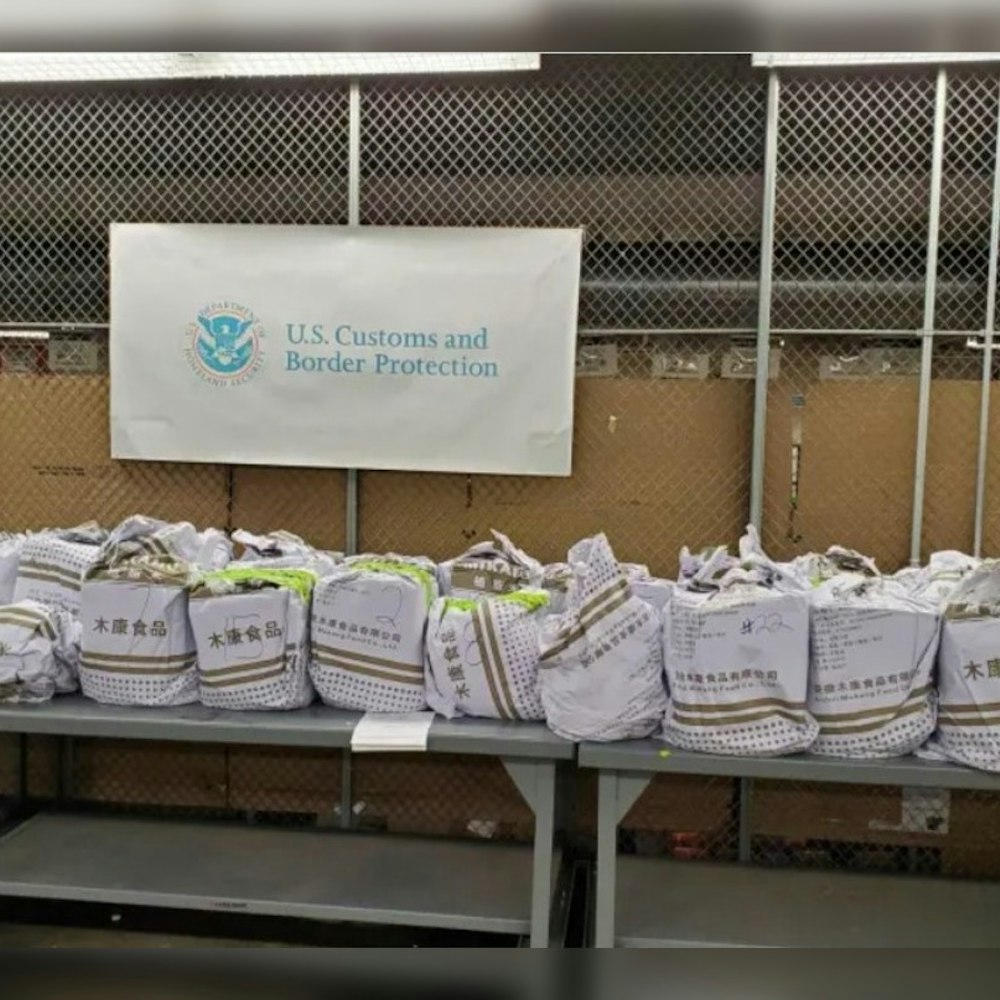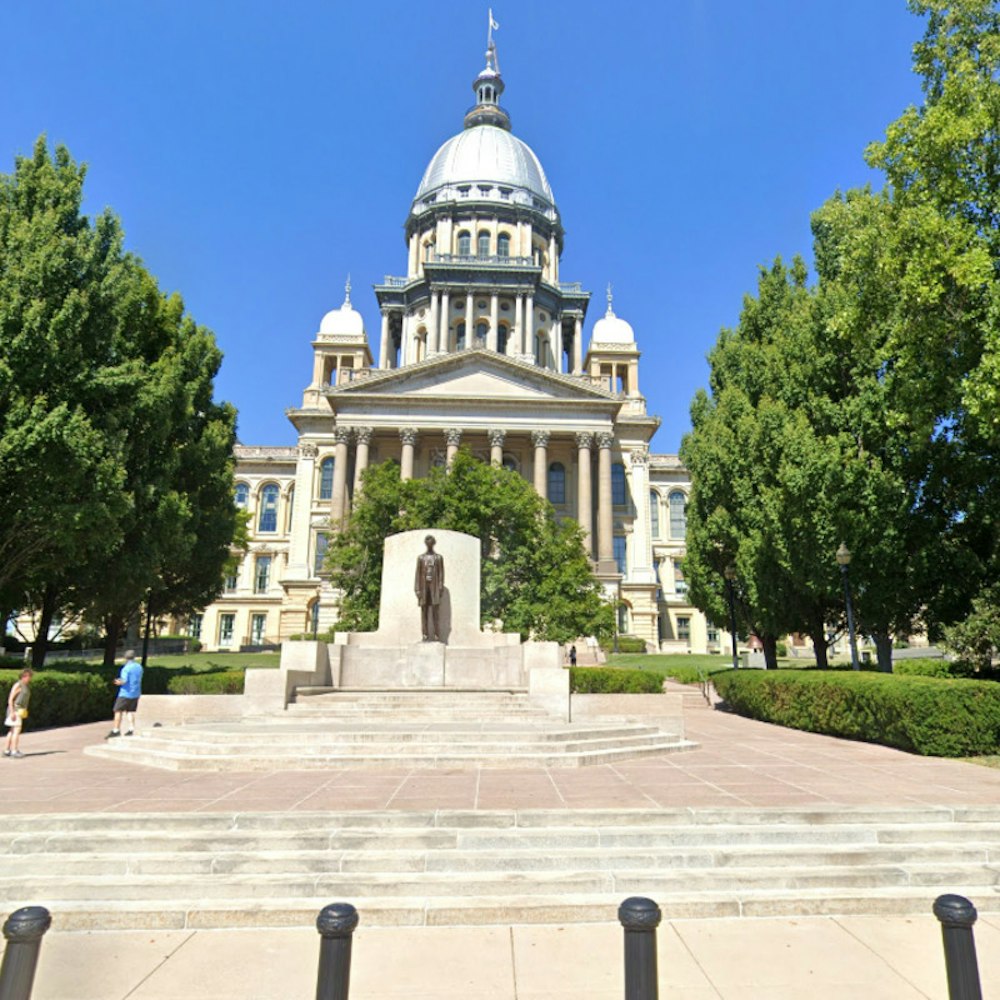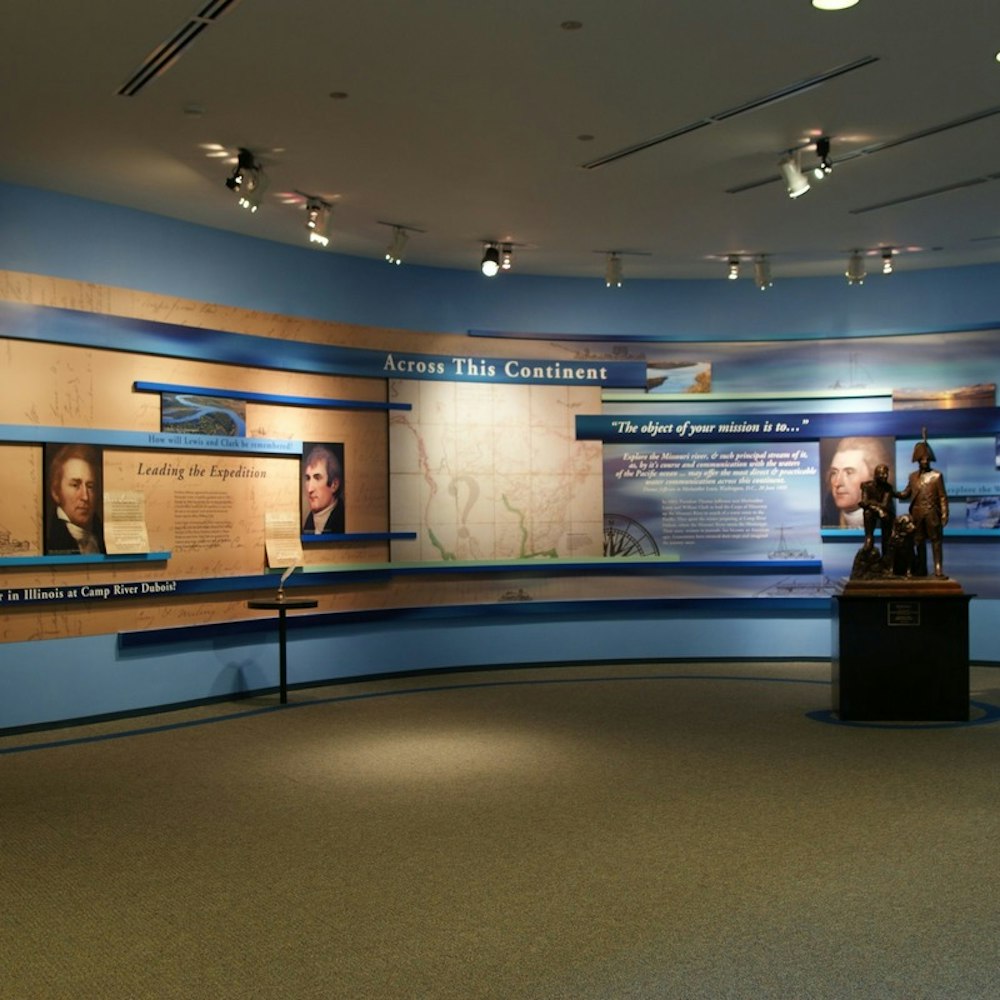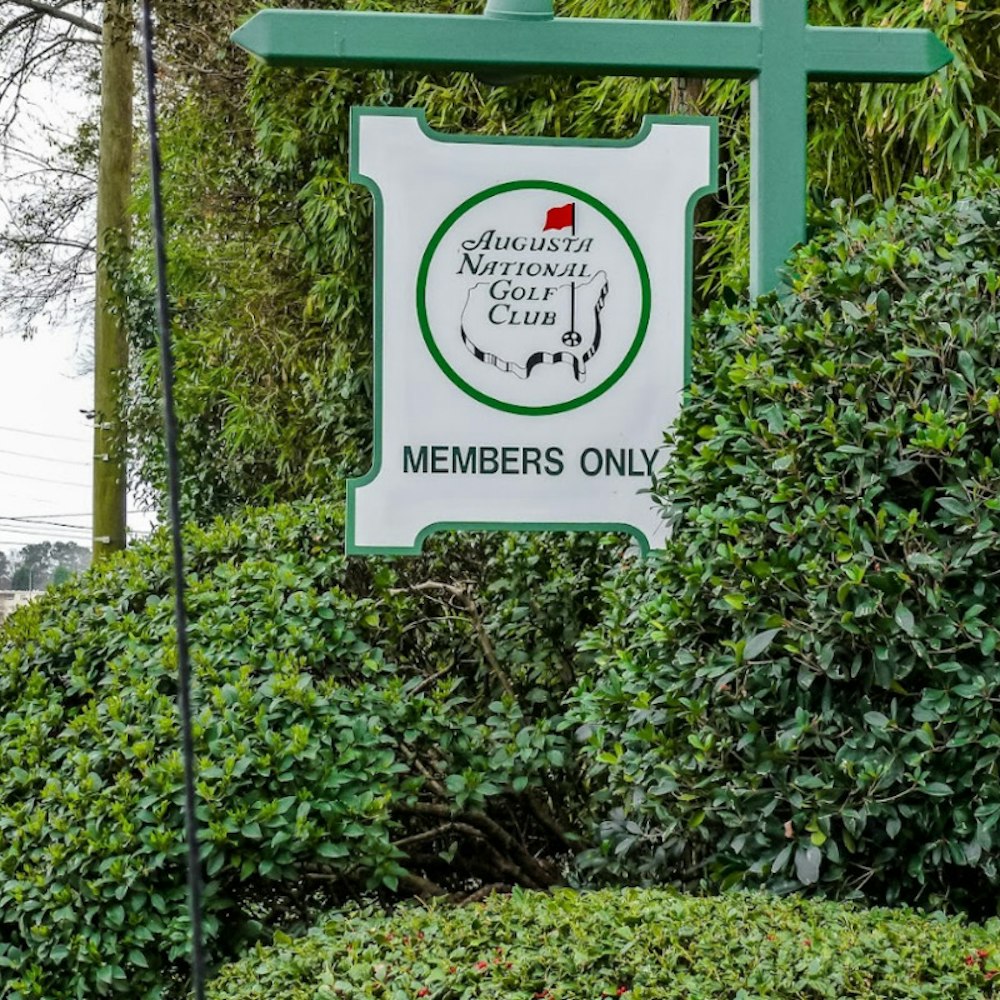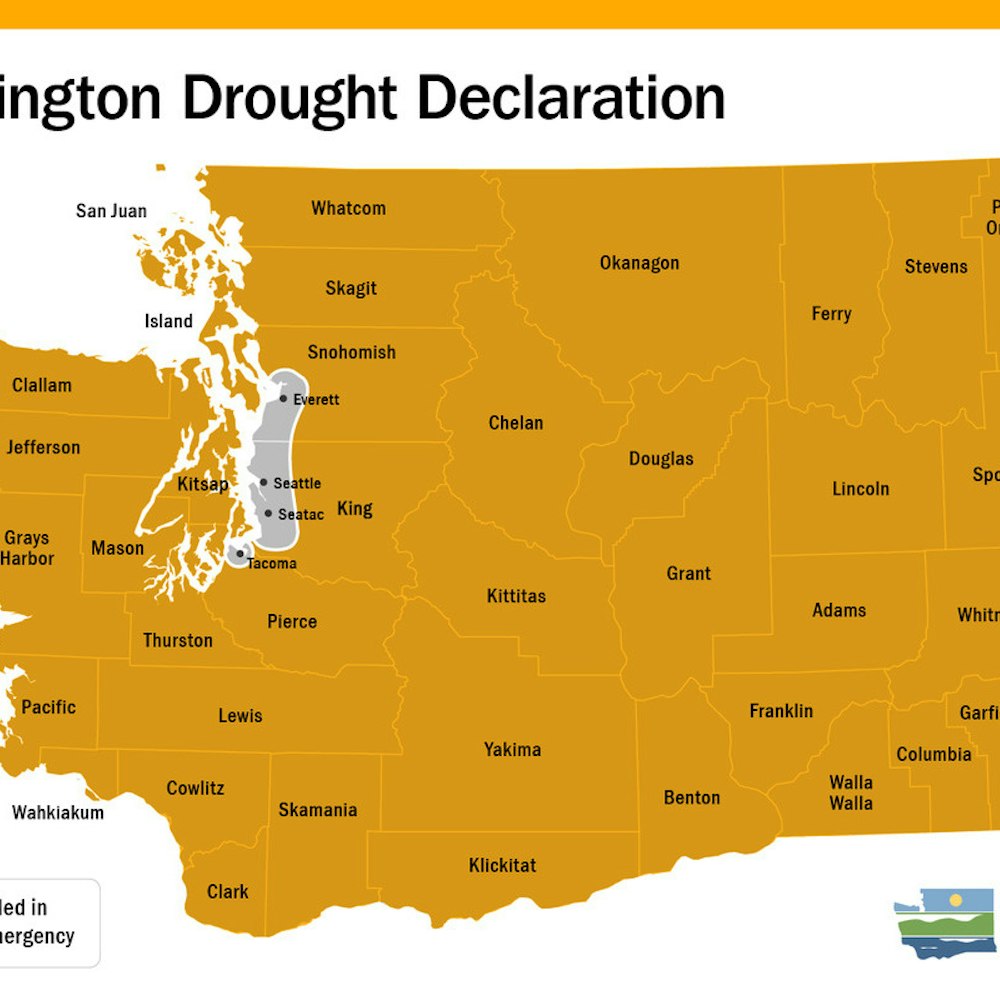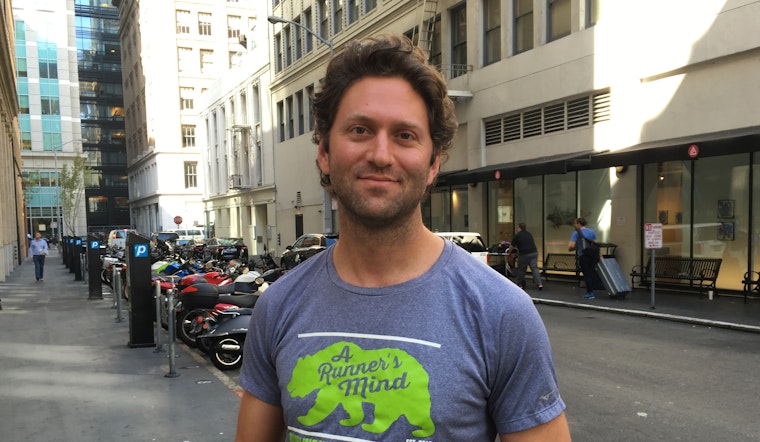
[Editor's Note: Hoodline is participating in today's SF Homeless Project, in which more than 70 area publications are each covering homelessness issues in their own ways.
While we already write about these issues often, we hope that our stories today will add more neighborhood context to this very complicated topic, and to the great work being published elsewhere. You can read more about the project here.]
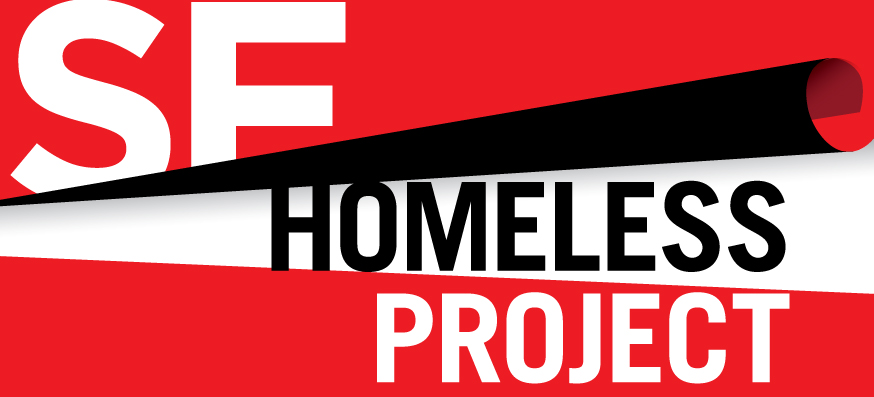
Like many who relocate to San Francisco these days, 31-year-old Kevin Adler came to pursue his passion as a social entrepreneur by running a tech startup. While he was fascinated by technology and its world-changing capacity, he was less interested in becoming a billionaire than he was in making an impact.
Adler got his start with a fundraising platform for underserved high school and community colleges, then later joined a friend in a venture called EDTech Incubator, which helped build companies in the education space. After two years, he decided he wanted to do something more fulfilling, so he left his full-time job and started a project called “Homeless GoPro,” where homeless volunteers wear GoPro cameras, allowing viewers to see the world from their perspective. His interest in homeless issues was inspired in part by his uncle, who lived on and off the streets for 30 years.
Upon getting a lot of national media coverage, Adler realized that the initiative revealed a wider need around the issue of storytelling and connection. That's when he started a company called Miracle Messages. Hoodline caught up with Kevin to discuss his passion behind the company.
What is Miracle Messages about?
Miracle Messages helps individuals who are experiencing homelessness reunite with their long-lost loved ones using social media, short video messages, and really, the help of volunteers and neighbors.
This started about a year and a half ago. I took a walk down San Francisco’s Market Street and asked every person I met who was living on the street if they would like to leave a holiday message for a friend or family member. I met a guy named Jeffrey Gottshall who hadn’t seen his sister, niece or nephew in about 20 years. So he recorded a video, didn’t know what to do with it, didn’t know if anyone would see it—and if they did, would want to reunite with him.
So he told me he was from a small town in Pennsylvania called Montoursville. I went on Facebook and looked at the group and saw that there was one for that town and posted the video there, and within an hour his sister was tagging the post. It was shared thousands of times, made the local news that night. After about a week, the town raised over $5,000 to bring him home and rehabilitate him. I got on a call with his sister Jennifer who told me that they had not only been out of touch for 22 years, but he had been a missing person for 12 years.
So ... a human being in San Francisco, the tech capital and most connected city on earth, who was perhaps sitting in front of the Old Navy flagship store on Market Street for God knows how many years, is a missing person, and every day his sister was thinking about him and wondering where he was ... It seemed like that was a problem that needed to be solved. The more I looked at it, the more I talked to other homeless folks on the street that had friends and families that they wanted to connect with.
How would you rate your success?
That’s a great question. In terms of raw numbers, we recorded about 76, messages and some of those are also from our own in-house volunteers doing this in their own communities. We also have people that have written notes. Of those 76 about half of those have been delivered, and half of those led to reunions. So we’ve had about 19 reunions.
The reason for the disconnect in messages delivered and number of people reunited is primarily because we found the family, but couldn't find the individual on the streets again. 90 percent of loved ones are excited to reconnect when they get the message and they want to record a video back and hop on a phone call. To me those are a couple measures of success.
Do you have people who aren't on the street ask you to find their homeless loved ones?
We do, and that’s harder. By starting with the person on the street, it’s more likely that they are a reported missing person. If you get their information, family structure, hometown friends, classmates, year of graduation and last name, it’s more likely that we are able to reconnect them.
But we are developing partnerships with homeless service providers in San Francisco where they have a good sense of all the folks in the system. We have outreach teams. There is a project here called Concrn which answers to folks having crises and manic episodes on the street, that works with us to help some of these folks reconnect with their families. There are many ways to do it, but right now we're focused on messages from individuals to their loved ones.
How are you making money from this?
Well, we had a crowdfunding campaign that was successful about a year and half ago. That money has gone to paying my salary costs, program cost and our full-time director Jessica Day, who joined our team two months ago.
It’s not easy. Funding in San Francisco and a lot of cities is locked up. There’s a lot of red tape and bureaucracy. A lot of the money is earmarked, there are open bidding processes, there’s due diligence, and it could be a very cumbersome thing trying to tap into the money. But we’ve been able to get by with individual donors and service contracts with non-profits, churches, content distribution deals. We get publications that help deliver messages through social media and social good, and that’s a unique offering in this day and age.
Really, it’s going to come to corporate or network sponsors. We need high-level distribution deals. We are working to develop a web series and TV series. We are fiscally sponsored by the NetRoots Foundation, so we can accept grants and offer tax-deductible donations.
Tell us about a person that you recently helped to reconnect with a loved one.
Jeffrey’s sister hadn’t seen him for about a year. There were phone calls here and there. She decided to purchase a round-trip ticket from Pennsylvania just to see him.
When she got here, we walked around for hours looking for Jeffrey and couldn’t find him. Just as we were about to give up, I sent her to a coffee shop. It was weird. I was walking down a side street and I looked over and saw a guy who was homeless urinating on the side of the wall. Something about him caught my attention. He had a huge hood over his head. So he finishes up and I was still looking at him and he goes to sit down next to another homeless guy and I see him start rubbing his hands—and I was like “Jeffrey rubbed his hands just like that in one of our videos.” I run over and say “Hey this is really random, but do either of you know a man named Jeffrey Gottshall?" And as I say that he lifts up his head and it’s Jeffrey. I run back to the cafe, grab his sister and they reunite.
What was it like when they reunited?
It was powerful. There was a lot of anticipation and buildup. They gave each other a nice hug, but Jeffrey suffers from serious addiction and mental illness issues, so he’s not in a state of mind to really grasp what’s happening. He was appreciative.
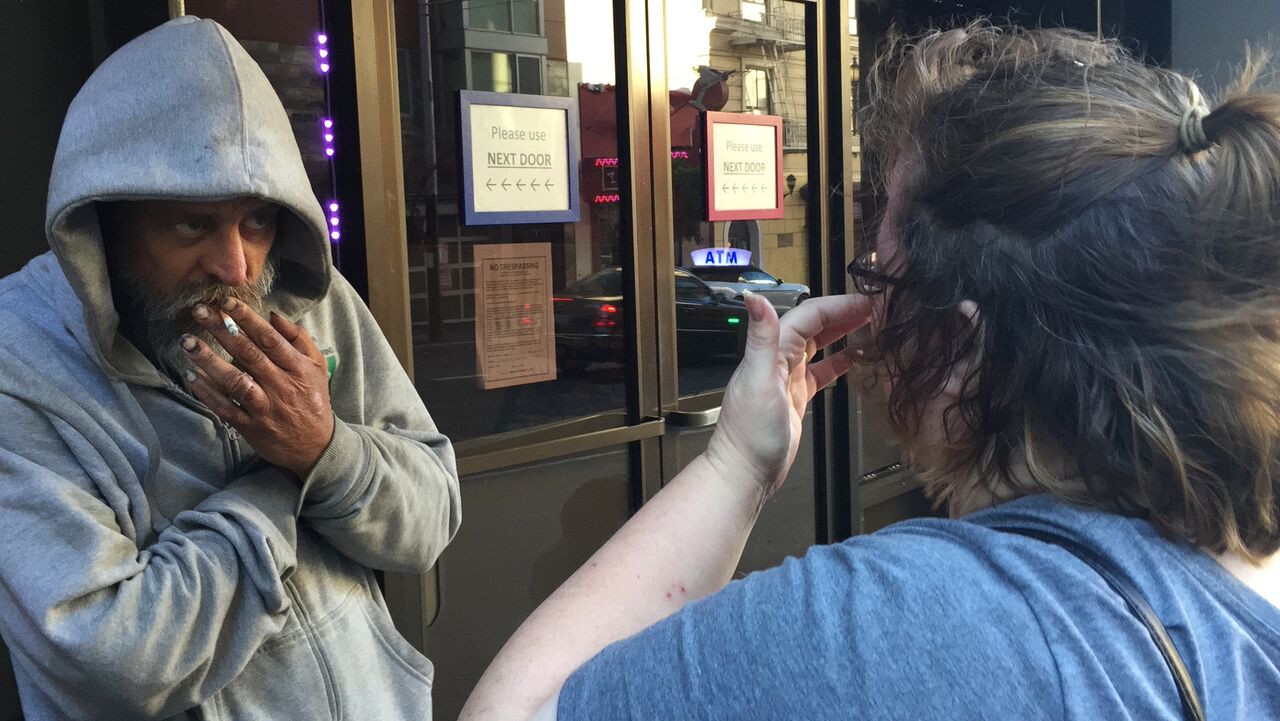
What happened next and what is the current status of the reunion?
The next day we all went to breakfast together. Jessica cried, but it wasn’t in joy. It was feeling that she failed him. She hoped that something would click in his mind and he would say that he needs help, but it’s a long process.
We work with non-profits to identify individuals who would be best for this project, because there is just such a wide variety of special needs with homeless people. A guy like Jeffrey is not in a good position to fly back home and move in with his family. He’s not ready. Fortunately, he has a family that loves him and wants to be there, but he has to take those steps. But he’s in a good place, because now the police know who his family is and they could get in touch with them. He has a lifeline, a little money in the bank and support from community.
Have you had any unsuccessful reunions?
I don’t consider anything to be successful or unsuccessful in those terms. I think there is relational brokenness in our society and we can’t fix that overnight. We can take steps towards healing, but that’s because we’ve created communicational ties. The relationship part is hard and that comes down to the people. We can’t fix that if it’s broken. We have 10 percent of loved ones that don’t want to connect, but they thank us for doing this. We respect that and there is no judgement.

How do you think your perspective can change the way homeless individuals are viewed in the world, starting with San Francisco?
Well, folks on the street are not just "Joe" and "Jane." It’s someone’s sister , brother, mother, father, son or daughter. It’s someone’s “somebody.” Imagine how different our world would look, or even our own community, if every time you walk by a person who is on the streets you see them as someone's “somebody.” I think that idea alone would change how we view the issue, and we would treat them a lot differently. We would probably be more open to helping them in any way we can, starting with acknowledging them.
